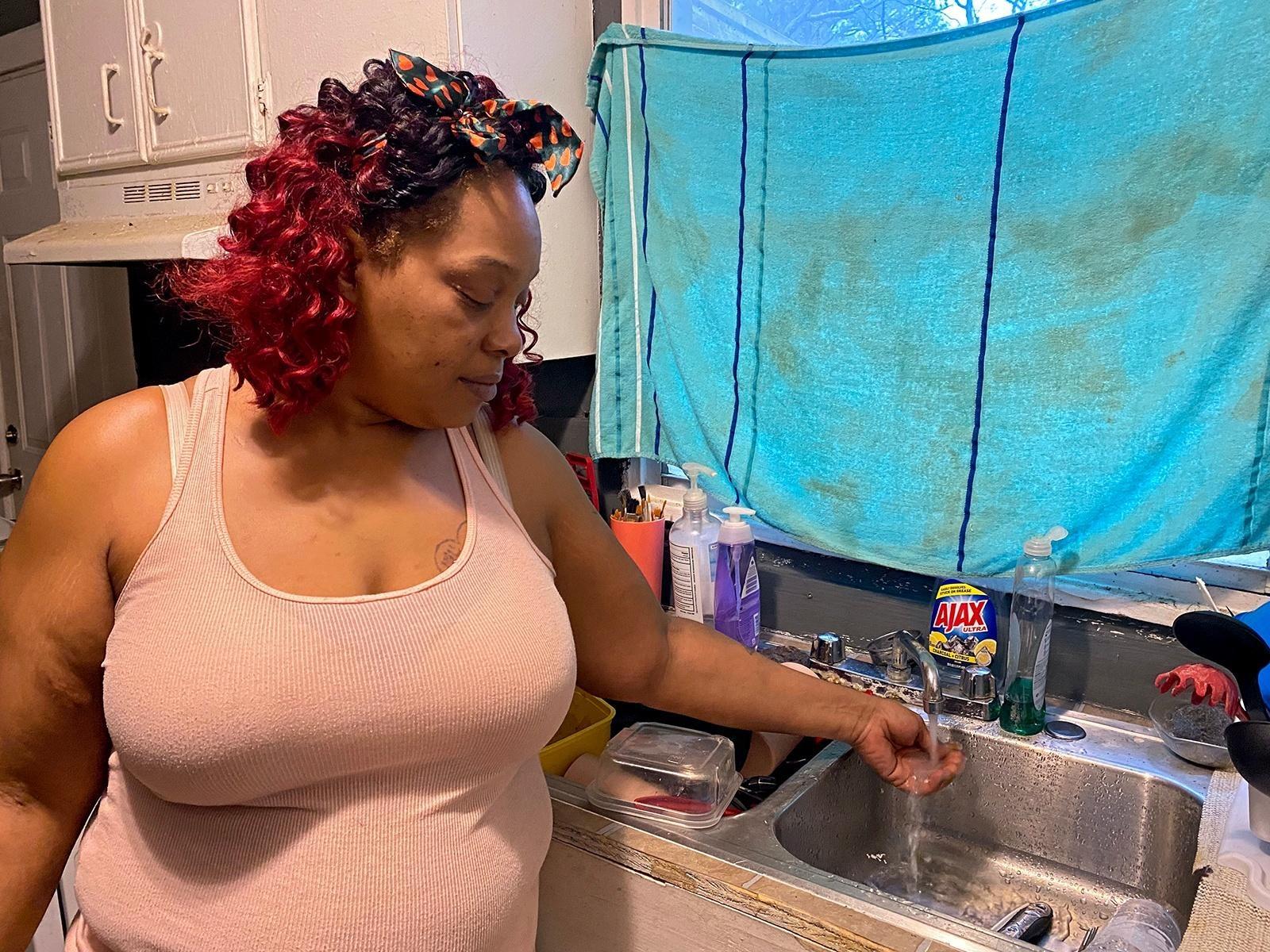According to the Centers for Disease Control and Prevention, there are no known safe levels of lead in children. Even low levels of lead in the blood can negatively impact a child's health.
Crystal Veazey is the program director for the Lead Poisoning Prevention and Healthy Homes Program at the department of health. She says testing for lead is especially important for children living in older homes.
“If a family lives in a pre-1978 home and they've had that home tested and lead based paint is present, they want to make sure that they do not do any dry sanding or scraping of the lead based paint, because if they do, that will just create a tremendous amount of lead dust which will cause more harm than good,” she said.
Children can inhale lead dust or even eat paint chips containing lead. If parents suspect their homes have lead, Veazey suggests ways in which they can help to protect their children.
“Give the child a diet high in iron, calcium and vitamin C and frequent milk throughout the day because lead is absorbed less on a full stomach” Veazey said. “If there is peeling paint on the outside of the house, they want to be very cautious about wearing their shoes in the inside of the home because when they do this, they could be tracking lead dust from the outside of the home into the inside of the home on their work shoes or their regular shoes.”
A home can be tested for lead by professionals using a test kit recognized by the Environmental Protection Agency.
Veazey says lead poisoning poses a critical risk for young children.
“Lead poisoning, especially in smaller children, especially those that are less than 72 months of age, can lead to developmental delays, learning problems, hearing problems, speech problems,” she said. “All of this would not show up until the child started school.”
She says adults can also be affected by lead poisoning, especially those who are pregnant.
“If a woman was ever exposed to lead as a child, what happens is lead is stored in your bones,” Veazey said. “When a woman is pregnant, your body is looking for all the nutrients that it needs for that developing fetus. And the lead that is stored in the bones can be released from the bones. It can get released into the bloodstream and it can cross the placenta and the baby can be born with an elevated blood level.”
Mississippi requires all Medicaid eligible children to be tested for lead at 12 and 24 months. Nearly 50 percent of children in the state are covered by either Medicaid or the Children’s Health Insurance Program.
Veazey says if a person suspects their water pipes contain lead, they should flush the pipes for at least three minutes every morning.




